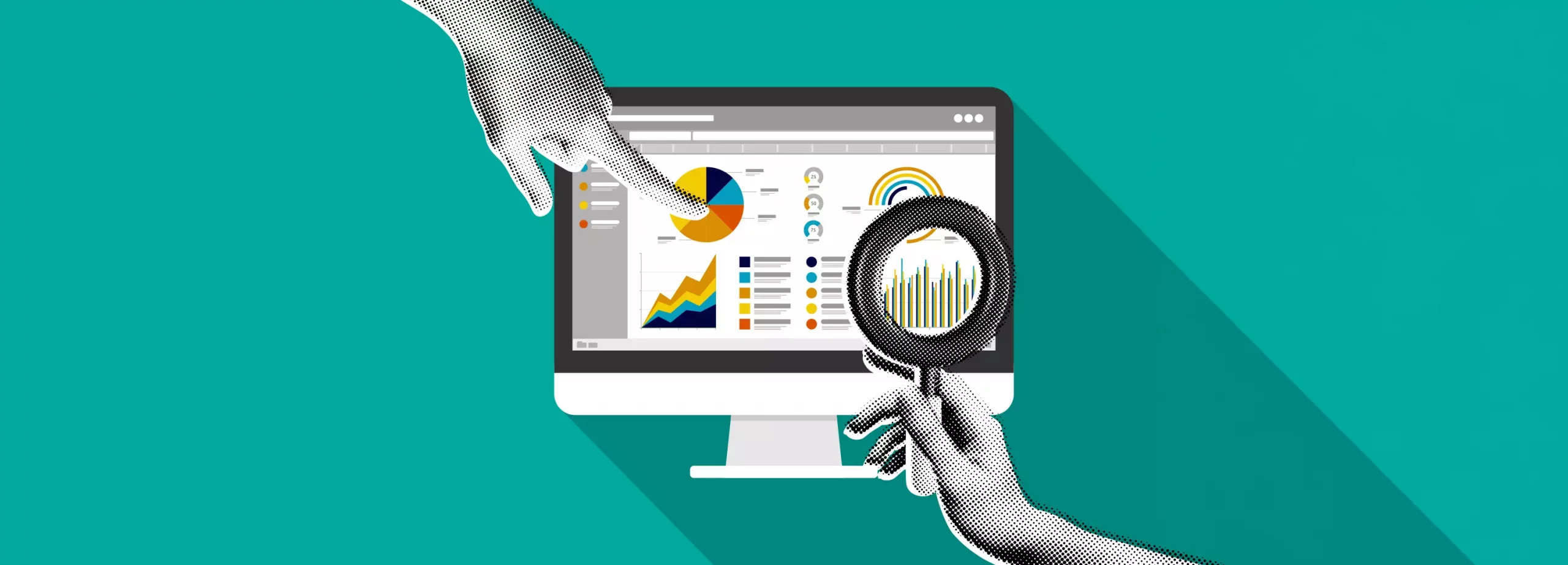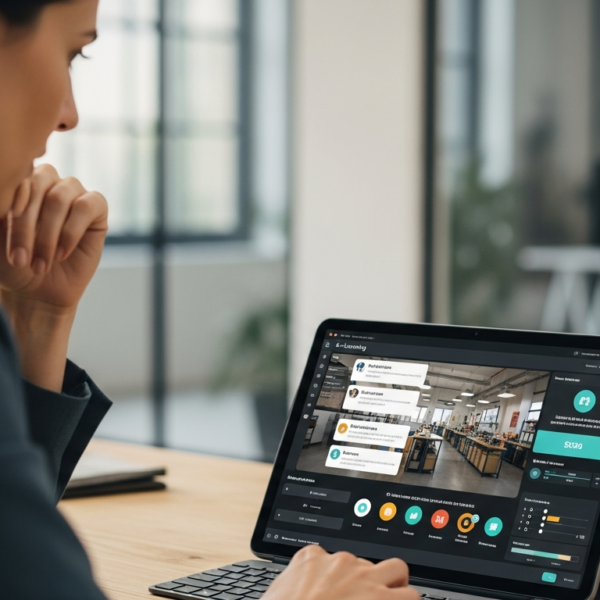A placebo effect occurs when a patient experiences an improvement in their condition simply because they believe a treatment will work. However, this phenomenon is not limited to medicine. In psychology and education, research demonstrates that positive expectations can significantly influence learning performance. This concept deserves further exploration in the context of digital training.
What Is the Placebo Effect in Learning?
The placebo effect in learning is based on the idea that a learner’s beliefs and expectations impact their motivation and performance. If a learner is convinced that a module or teaching tool is effective, they will invest more effort and attention, leading to improved results, even if the content or method is not fundamentally different from an alternative perceived as less effective.
Concrete Example: Studies like Carol Dweck’s research on the “growth mindset” (2006) show that positive expectations directly influence motivation and performance. Another study by Kirsch (1999) on the placebo effect revealed that a person’s beliefs about a treatment affect its effectiveness, a principle that applies to learning.
How Does the Placebo Effect Influence Learning in Digital Training?
Positive Expectations = Increased Motivation
A motivated learner believes their efforts will pay off. This belief enhances focus, perseverance, and the ability to overcome challenges. A study by Aronson, Fried, and Good (2002) demonstrated that messages reinforcing learning abilities improved academic performance.
Confidence and Performance
By strengthening learners’ confidence in the tool or method, we improve their sense of competence. For instance, a gamified module in VTS Editor, marketed as highly immersive, can create positive anticipation that boosts engagement. This is supported by Bandura’s (1986) work on self-efficacy.
Confirmation Bias
Learners look for signs of success to confirm their expectations. If the digital environment highlights their progress (badges, scores, immediate feedback), they interpret these signals as proof that the tool works, further reinforcing motivation. This aligns with Nickerson’s (1998) findings on confirmation bias.
Leveraging the Placebo Effect in Learning
Highlight Novelty and Innovation
Presenting a module as using cutting-edge techniques based on neuroscience increases the perception of value and effectiveness. A study by Dunlosky et al. (2013) emphasizes the impact of learning strategies perceived as innovative.
Enhance User Experience
An attractive design, smooth transitions, and professional visuals create an impression of quality and strengthen confidence in the tool. Norman (2004) demonstrated that products with appealing designs are perceived as more effective.
Use Positive Feedback
Frequent and motivating feedback (e.g., “Congratulations! You’ve improved by 20% since starting this module.”) encourages engagement and perseverance. This approach draws on Deci and Ryan’s (1985) research on intrinsic motivation.
Set Clear Expectations
Communicating upfront about the module’s benefits or sharing success stories from other users can influence learners’ mindsets and maximize impact. This principle is supported by Rosenthal and Jacobson’s (1968) study on the Pygmalion effect.
The placebo effect in learning highlights how learners’ beliefs and expectations play a crucial role in their engagement and performance. By designing digital training programs that foster positive expectations, instructional designers can harness this phenomenon to maximize content impact. Whether by presenting tools as innovative, enhancing user experience, or providing motivational feedback, every detail matters in creating a productive learning environment.
Combining these approaches with a deep understanding of learners’ needs allows digital training tools to become true drivers of transformation. Integrating the placebo effect into pedagogical strategies is not about manipulating learners but empowering them to exceed their limits by valuing their potential and creating engaging, effective learning experiences.
Want to learn how to create impactful modules? Contact our digital learning experts today!










